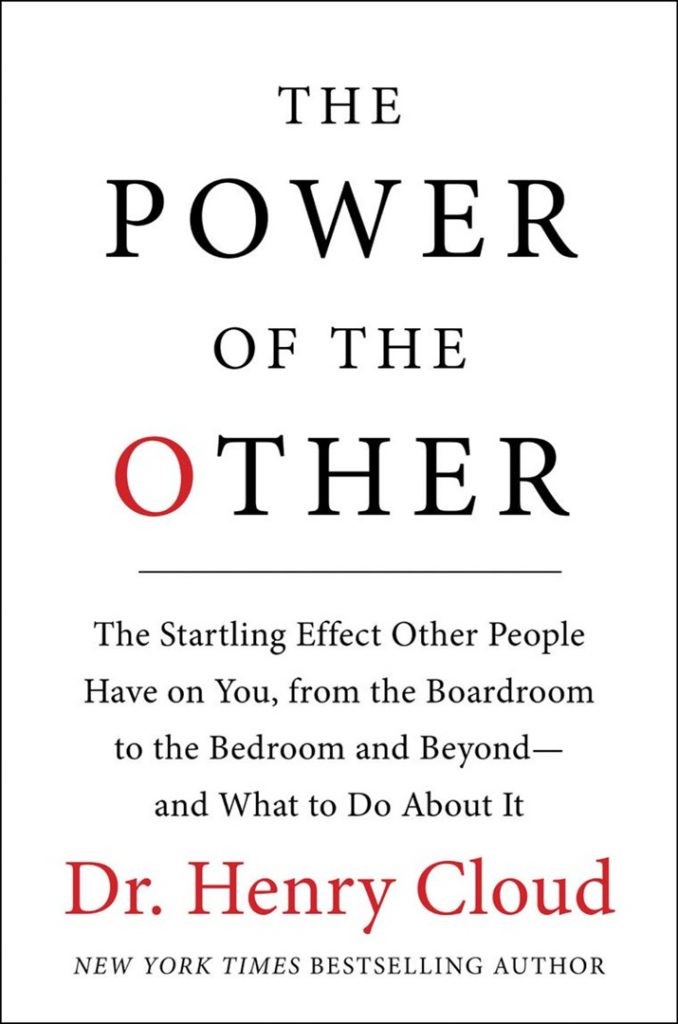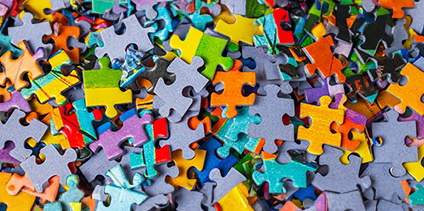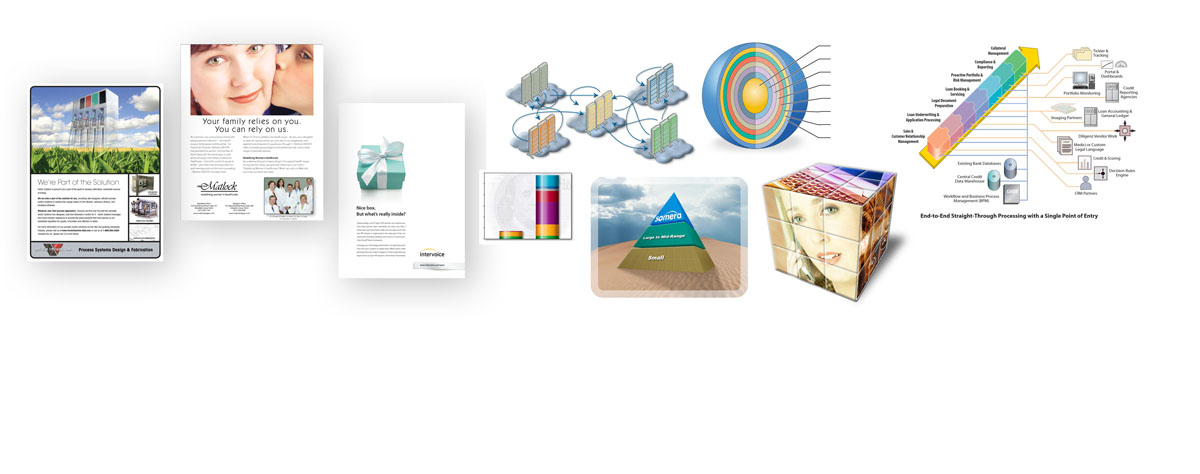The Myth of Multitasking

The Myth of Multitasking
Multitasking (ˈmʌltɪˌtɑːskɪŋ) noun: the act of doing a half-assed job of two or more tasks at the same time.
In what seems like another lifetime, I once worked as a freelance video assistant for ARCO Oil & Gas in their downtown Dallas tower. That job necessitated my making a twenty-mile commute every morning in bumper-to-bumper traffic. At least, in that long-ago age, there were not yet any cell phones to distract drivers. Moreover, drivers rarely, if ever, violated the “no-shooting-your-fellow-drivers” ethos.
That doesn’t mean there were no fools on the road. The two things that routinely elevated my blood pressure were women who drove while putting on their makeup, and men who attempted to read a newspaper while navigating the slow-moving traffic. I once even witnessed a fellow reading a novel he had propped on his steering wheel.
Admittedly, the imbeciles would wait until one of the frequent traffic stand-stills to attempt their secondary task. They would, however, get so wrapped up in that task that they failed to notice traffic moving again until experiencing an extended blast from a fellow commuter’s car horn. By that time, four or five other drivers had changed lanes and filled the gap. I honestly investigated the possibility of adding one of those 18-wheeler air horns under my hood, but alas, it was too costly.
Fortunately, in these days featuring the proliferation of heavily armed drivers, my morning commute is a twenty-foot trek from my bedroom to my in-home office. Some days, I even go to work bare footed (but that’s as much information as you need on that topic). I’ve been working from home for over thirty years now — yep, I was working from home before working from home was cool — and I’ve learned a lot about the siren-call of non-work-related activities.
In my previous home, I had an office in an apartment above our garage where there was no television, no home phone line, and nobody but myself. In my current home, my office occupies what once was a formal living room … and distractions abound. I must frequently force myself to concentrate, especially if anyone else is in the house or if we’re dog-sitting my daughter’s spoiled superdog.
But enough about that. What I really wanted to talk about was smart phones. In her book, “Restless Devices”, sociology professor Felicia Wu Song discusses the crisis of character that the 24/7 availability of digital devices is wreaking on our society. The average teen spends 5.5 hours a day on their phone and it’s hard for them to heed the admonishment of a parent who spends 3.8 hours a day on their own device.
“Horse pucky” you say, “I never spend anything near that much time on my phone.” I never said it was spent all at once. Typical phone usage is spent in 30-second to ten-minute increments. Still don’t believe me? There are any number of apps available that will track your usage and provide the depressing proof.
Now imagine life from the perspective of anyone born after 1990. They never even experienced a world without smart phones, texting, social media, and 24/7 connectivity to information that is algorythmicly tailored to their specific biases. How many of those individuals think it’s entirely appropriate to have their smart phone sitting atop their work desk so they can immediately answer “important” texts? How many of them actually believe they can effectively multitask in that way? See Simon Sinek, “Leaders Eat Last”, chapter 24, “The Abstract Generation”.
Shad Helmstetter, in his book, “The Power of Neuroplasticity”, provides scientific documentation that it takes the human brain almost fifteen minutes to return to full efficiency after an interruption. If our phones are in our offices, even that tiny ping, indicating an arriving text, or a “like” to some social media post, can effectively decrease our productivity by half for the next quarter hour. How often does that little ping interrupt our thoughts? And I haven’t even begun to consider that annoying pinging that interrupts our sleep throughout the night.
What if we learned to take a break from constant distractions? What if we simply turned off ALL notifications and set specific times during the day when we would check our texts and emails? Notice I didn’t mention checking social media. What if we just deleted our social media accounts and returned to the archaic practice of talking to people face-to-face (in person; not via Zoom)?
One writer I recently read, even came up with the family practice of everyone leaving their smart phones at home when they went on vacation. They only took along one phone and kept it turned off unless there was an actual emergency. Oddly, his family began to communicate and enjoy spending vacations together.
 Want to get together and engage in that time-worn tradition of real communication? Email me at guy@lawsoncomm.com but don’t get angry if it takes me several hours to reply because that annoying ping no longer interrupts my concentration. Perhaps we could even collaborate to launch a “Stomp on your smart phone” challenge for social media.
Want to get together and engage in that time-worn tradition of real communication? Email me at guy@lawsoncomm.com but don’t get angry if it takes me several hours to reply because that annoying ping no longer interrupts my concentration. Perhaps we could even collaborate to launch a “Stomp on your smart phone” challenge for social media.
“Electric communication will never be a substitute for the face of someone who, with their soul, encourages another person to be brave and true.”
— Charles Dickens (speaking about the invention of telegraph)

Did someone forward this newsletter to you after reading it themselves? Don’t settle for that!
CLICK HERE
to get a fresh, unused copy of this newsletter sent directly to you every Sunday morning. If you decide it stinks, you can always unsubscribe.
The Power of the Other
Dr. Henry Cloud
I’m convinced that if I recommend this book enough times, then people will read it. If people read it, they will come to understand the truth within it. If they come to understand the truth within it, they will change their perception. If they change their perception, they will discard those relationships which are detrimental to them and will discard those personal traits which are detrimental to others. Call me a dreamer.













